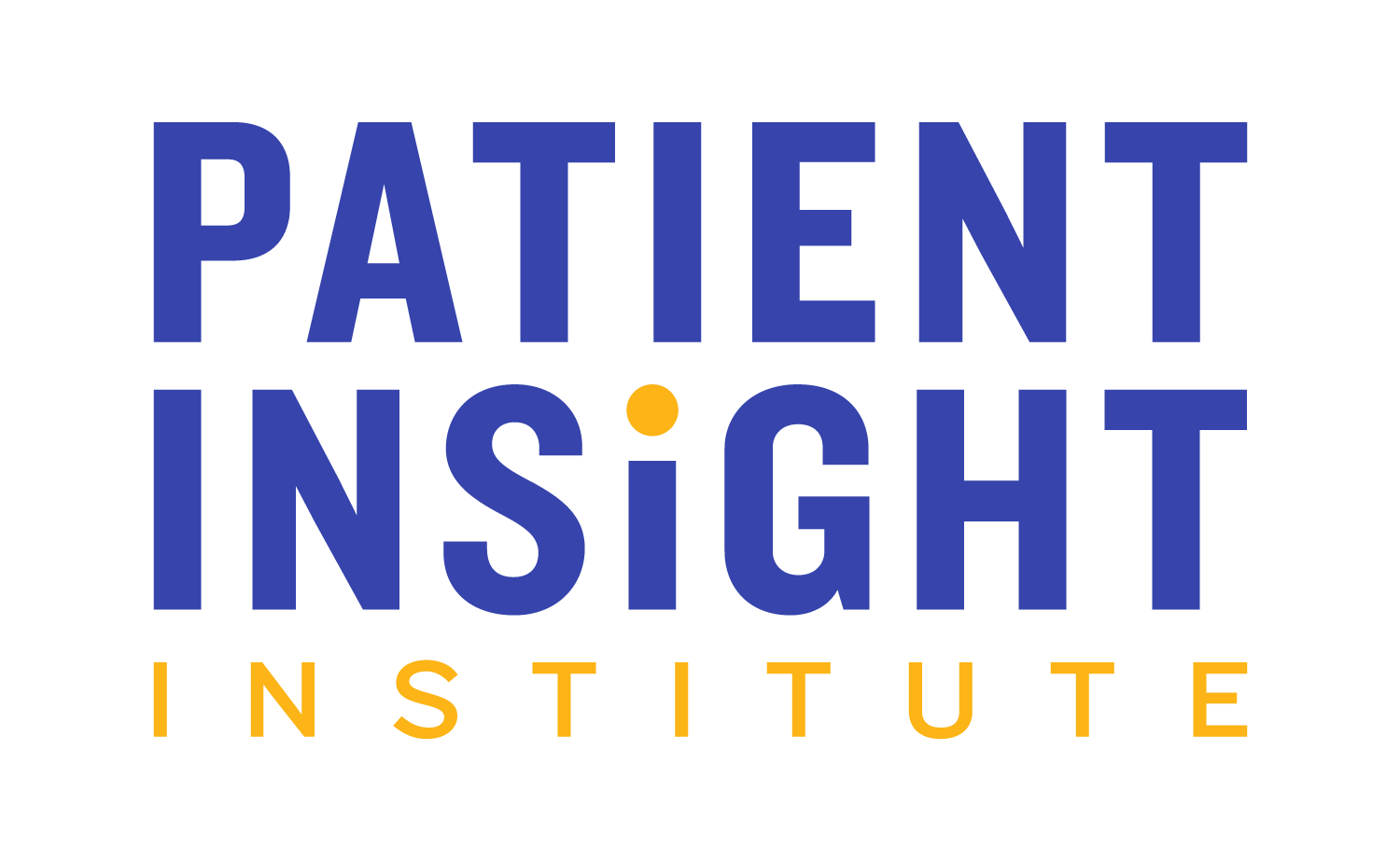Healthcare Is More Than Medicine: Centering Stories, Not Just Symptoms
Linda Fokam, PII Intern
is a recent graduate of the University of Maryland, College Park where she studied Public Health and English Literature and Language
July 15, 2025
I remember the pain vividly. I was coming back home after an amazing evening with friends when suddenly I started experiencing sharp, unpredictable, and completely disorienting sensations. I scheduled a doctor’s appointment the next morning after trying to sleep the pain away, worried that something serious was going on with my body. The appointment started fine and empathetically, but the moment I admitted I didn’t know my full family medical history, as many first-generation Americans don’t, the energy shifted. My pain became secondary.
The conversation turned to my posture. “I see the way you’re sitting in the chair, maybe try yoga,” the doctor offered, dismissing my concerns without testing, without answers, and without truly listening. I left that appointment in tears, not because I feared something was deeply wrong, but because I felt invisible. That moment wasn’t just about pain; it was about being unheard.
As a first-generation Cameroonian-American, I’ve always lived in two worlds. At home, I was the “translator”—not just of English, but of paperwork, appointment instructions, prescriptions, and the unspoken cultural norms and delicacies necessary to be as American as possible. I’ve seen firsthand how language barriers, cultural gaps, and assumptions about immigrant families shape the care and treatment we receive. For many of us, going to the doctor isn’t just a visit; it’s a gamble. Will we be believed? Will we be understood?
My experience is not specific to me but is experienced by many women like me. A 2022 Pew Research Center study found that 55% of Black Americans have had negative experiences with doctors, including not being taken seriously when expressing pain. Black women under 50—like myself—are even more likely to report feeling dismissed. And over half believe the healthcare system was designed to hold Black people back (Cox, 2024). These statistics are not just numbers; they are stories. My story and the stories of countless other unrepresented groups navigating care in a system that wasn’t built with us in mind.
This is why I joined the Patient Insight Institute. As a patient engagement intern, I’m here to listen, research, and help reimagine a system where patients are seen as whole people, not symptoms. Healthcare must be more than prescriptions and diagnoses and must include context, culture, and care. I come to this work not just as a recent graduate of Public Health Science and English Literature and Language, but as someone shaped by lived experience. I believe that stories, especially the ones we’ve been told not to share, are the bridge between reforming the system and personal healing. So that the healthcare system focuses on everyone’s pain, history, and voice.
Healthcare is not only about medicine and diagnosis. It is about language. It is about trust. It is about acknowledgment. And above all, it is about care that starts by asking, not assuming, and finding treatment and causes until you cannot. Because no patient should ever leave feeling unheard and unanswered.
References
Cox, K. (2024). 6. Black Americans and mistrust of the U.S. health care system and medical research. Pew Research Center. https://www.pewresearch.org/race-and-ethnicity/2024/06/15/black-americans-and-mistrust-of-the-u-s-health-care-system-and-medical-research/


